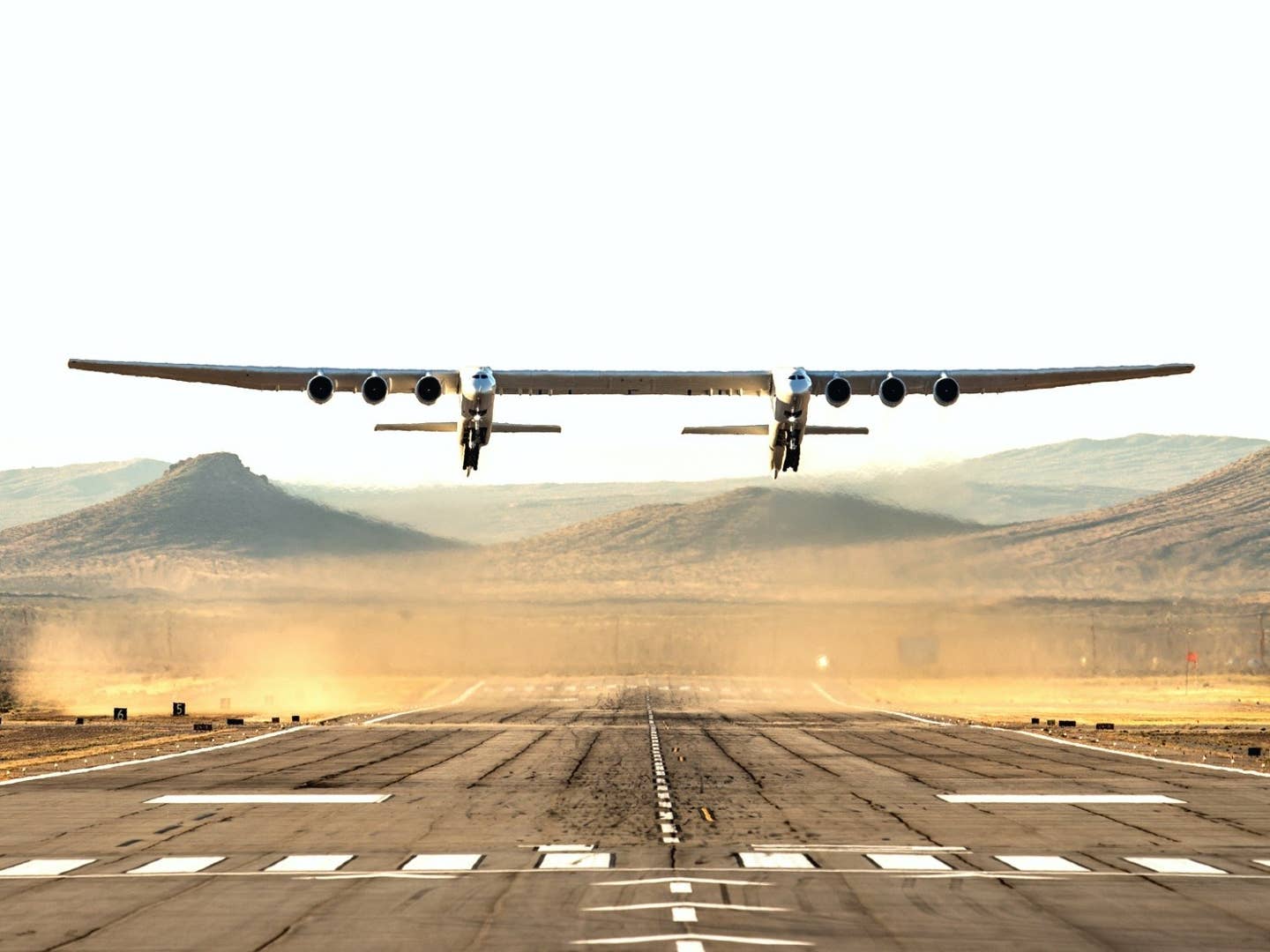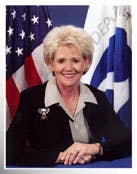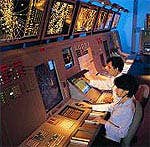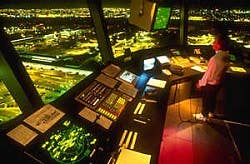ATC Union Says Six-Day Week Common
A single line in an AVweb story about a controller caught napping has unleashed a torrent of response (with a little prodding from union headquarters) about just how much overtime is being scheduled in towers and centers. Controllers from all over the country have responded to a request from the National Air Traffic Controllers Association for anecdotal confirmation of a comment made by NATCA spokesman Doug Churchs that six-day weeks were becoming commonplace. From Napa to Atlanta to Anchorage to LAX, controllers responded with similar stories. We have been working six-day work weeks since before June, wrote one controller. We have no end in sight.
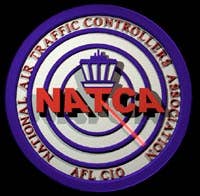
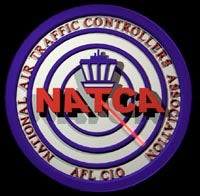 A single line in an AVweb story about a controller caught napping has unleashed a torrent of response (with a little prodding from union headquarters) about just how much overtime is being scheduled in towers and centers. Controllers from all over the country have responded to a request from the National Air Traffic Controllers Association for anecdotal confirmation of a comment made by NATCA spokesman Doug Churchs that six-day weeks were becoming commonplace. From Napa to Atlanta to Anchorage to LAX, controllers responded with similar stories. We have been working six-day work weeks since before June, wrote one controller. We have no end in sight. In last Mondays story, which was really about the sleeping controller, we included comments from an anonymous controller with whom we correspond occasionally who said six-day weeks werent common at his facility or others he was aware of. The comment prompted the union to e-mail its members and ask them to verify that, indeed, six-day weeks are becoming standard procedure in the face of higher workloads and what the union says is a diminishing number of qualified controllers. Our controller correspondent maintains that six-day weeks are uncommon where he works but concedes that other areas might be different. His main complaint is about having midnight shifts sprinkled in with day and evening shifts, which he says lead to serious fatigue.
A single line in an AVweb story about a controller caught napping has unleashed a torrent of response (with a little prodding from union headquarters) about just how much overtime is being scheduled in towers and centers. Controllers from all over the country have responded to a request from the National Air Traffic Controllers Association for anecdotal confirmation of a comment made by NATCA spokesman Doug Churchs that six-day weeks were becoming commonplace. From Napa to Atlanta to Anchorage to LAX, controllers responded with similar stories. We have been working six-day work weeks since before June, wrote one controller. We have no end in sight. In last Mondays story, which was really about the sleeping controller, we included comments from an anonymous controller with whom we correspond occasionally who said six-day weeks werent common at his facility or others he was aware of. The comment prompted the union to e-mail its members and ask them to verify that, indeed, six-day weeks are becoming standard procedure in the face of higher workloads and what the union says is a diminishing number of qualified controllers. Our controller correspondent maintains that six-day weeks are uncommon where he works but concedes that other areas might be different. His main complaint is about having midnight shifts sprinkled in with day and evening shifts, which he says lead to serious fatigue.


